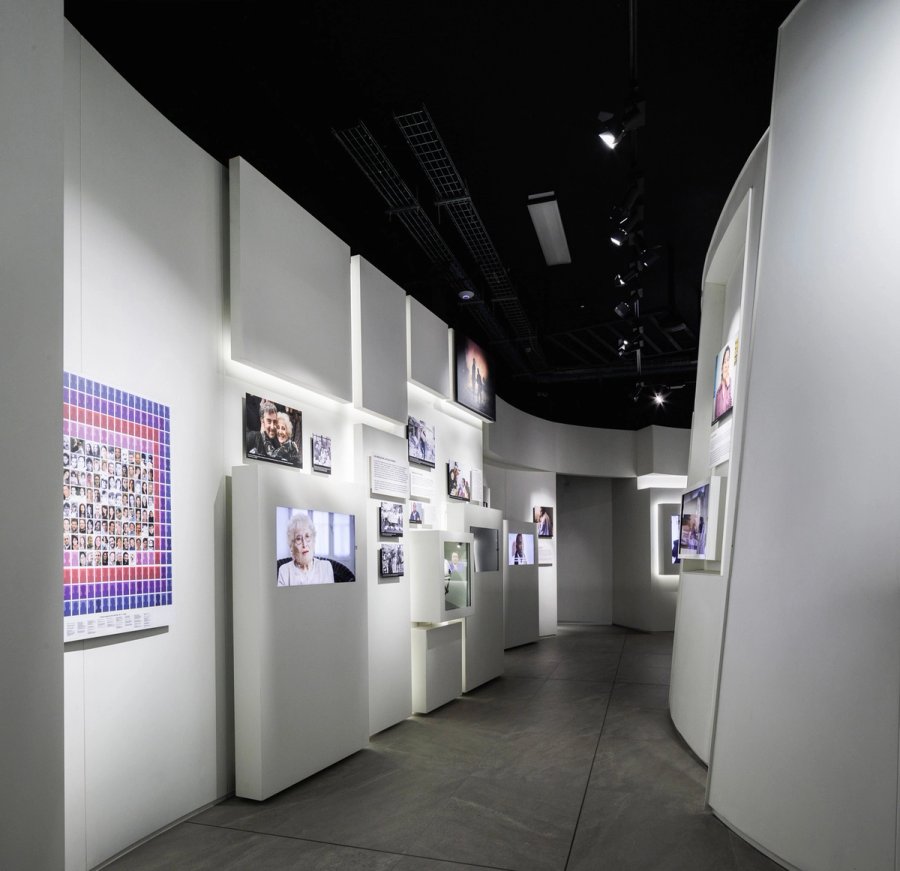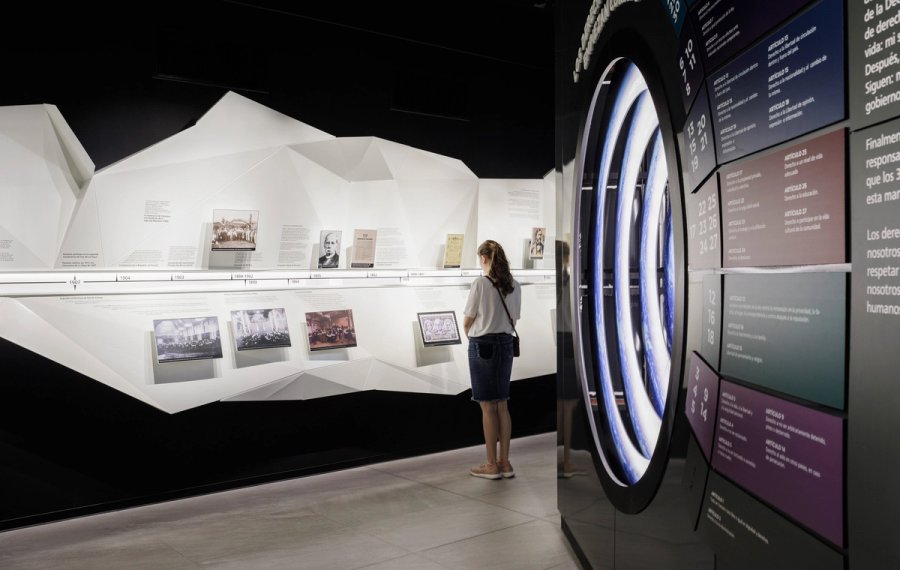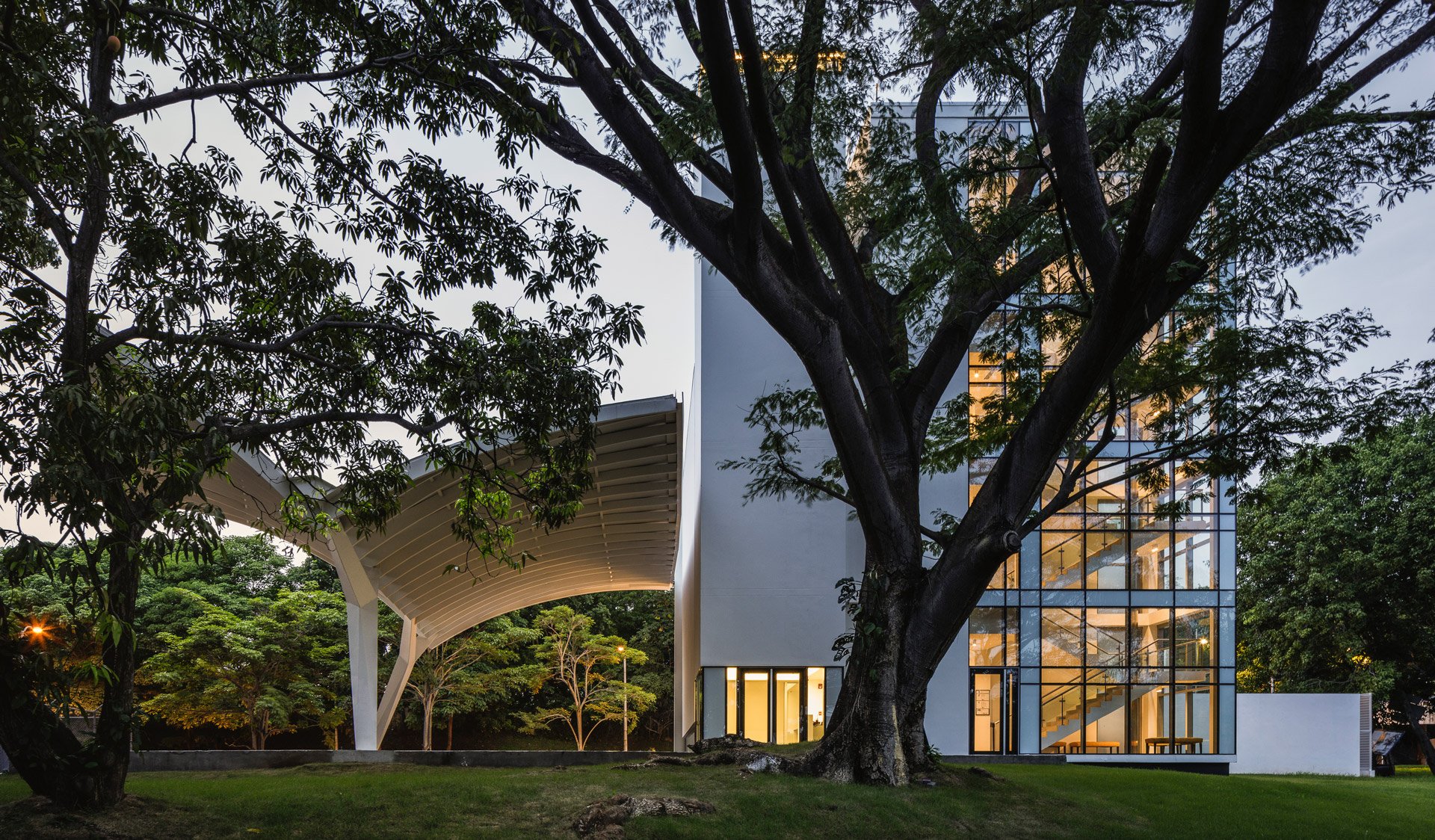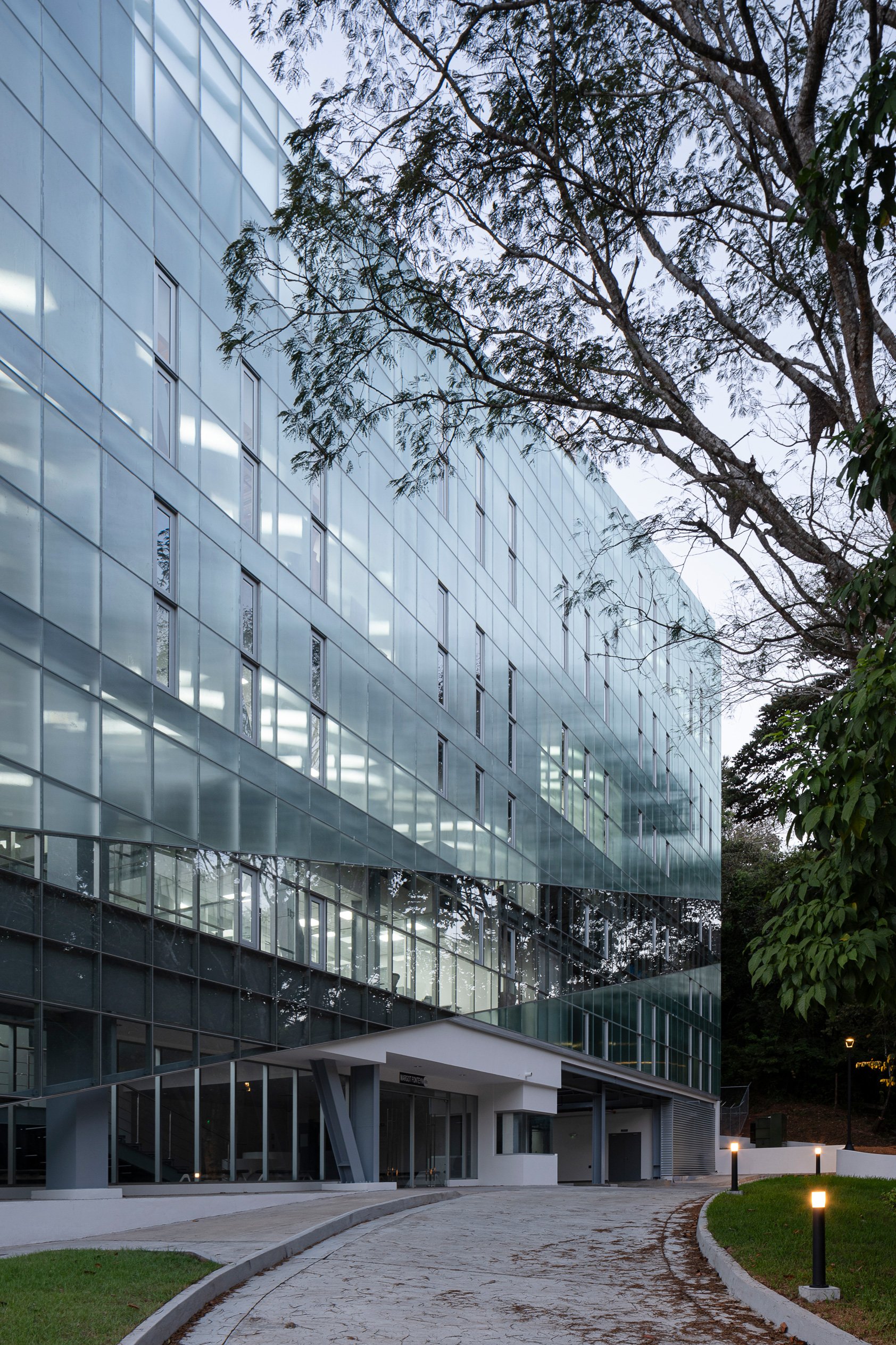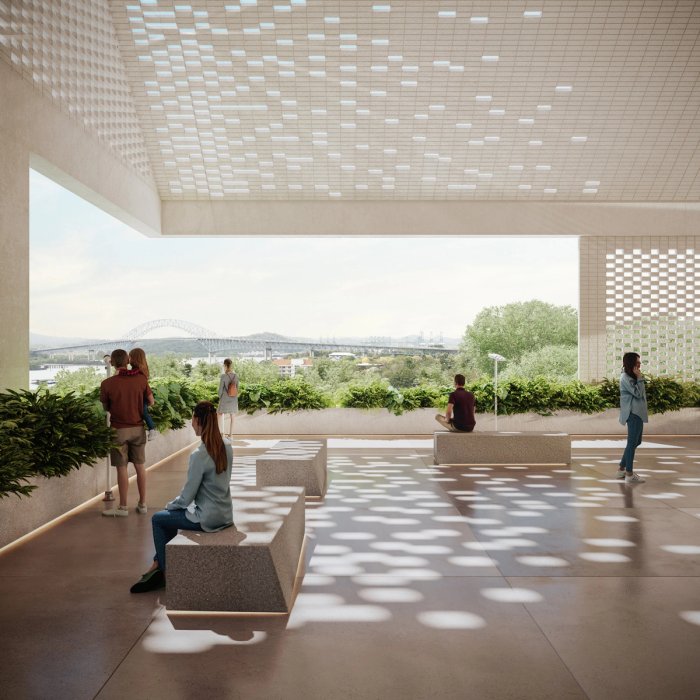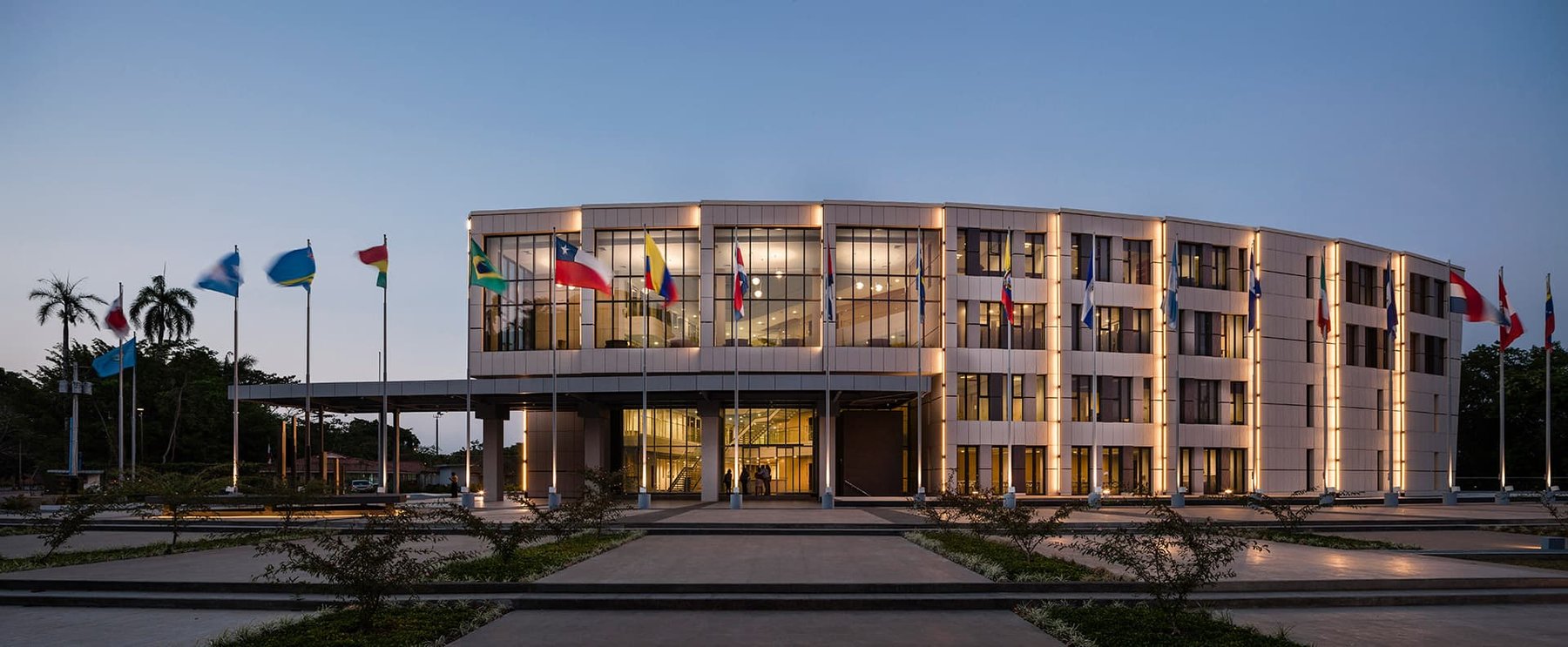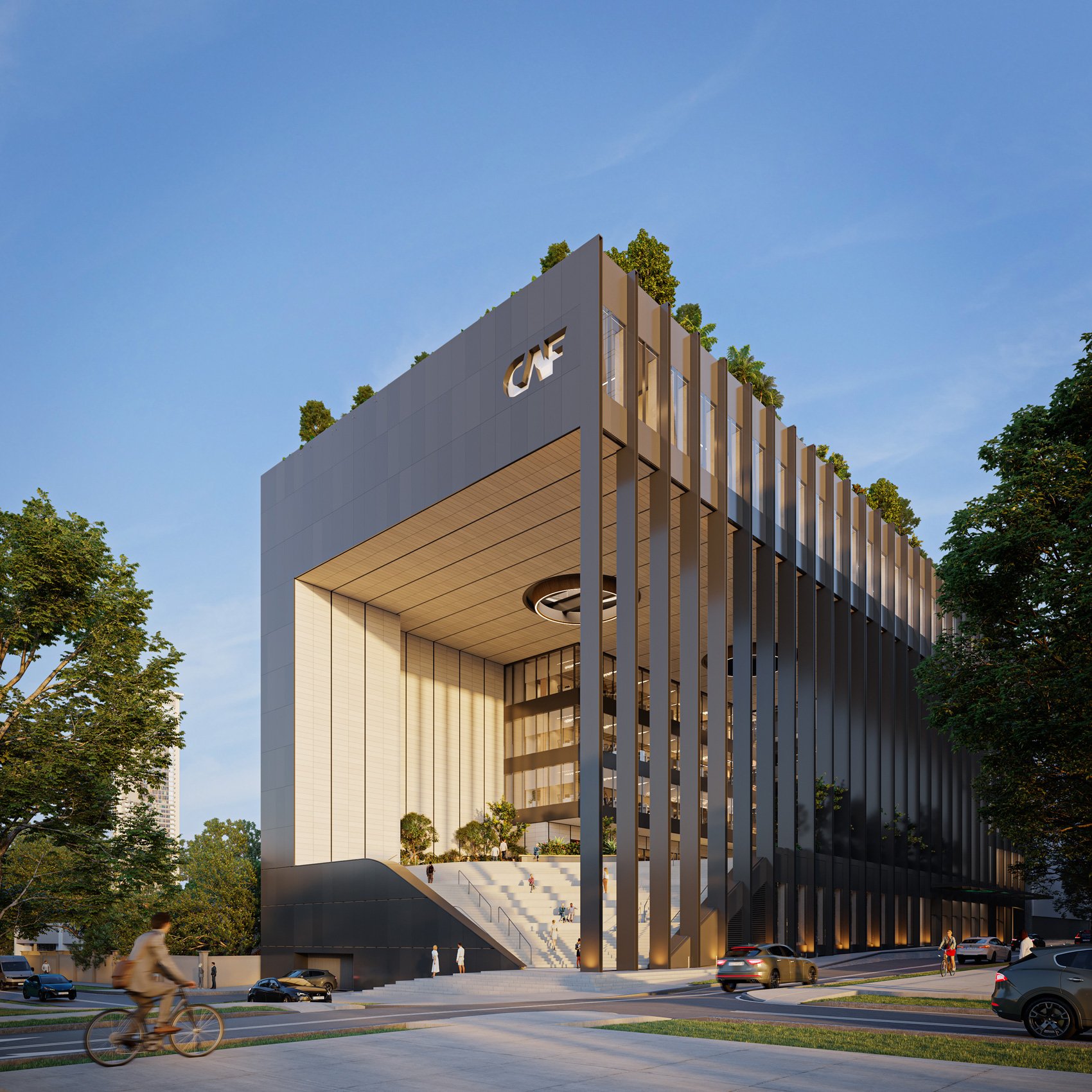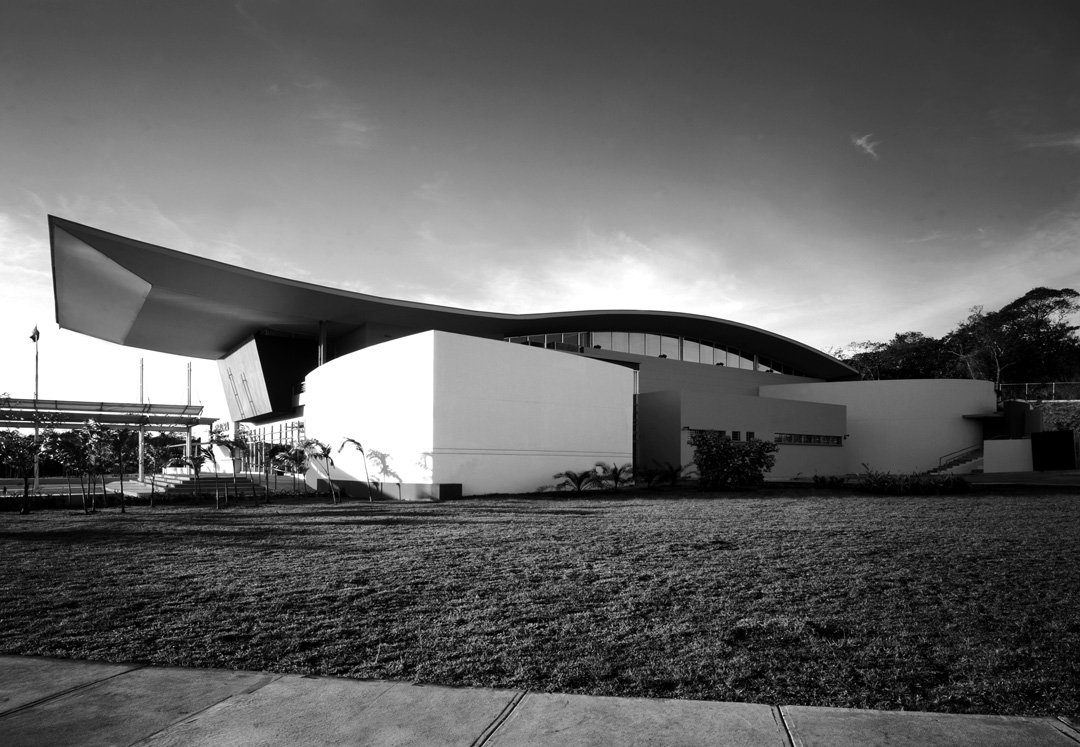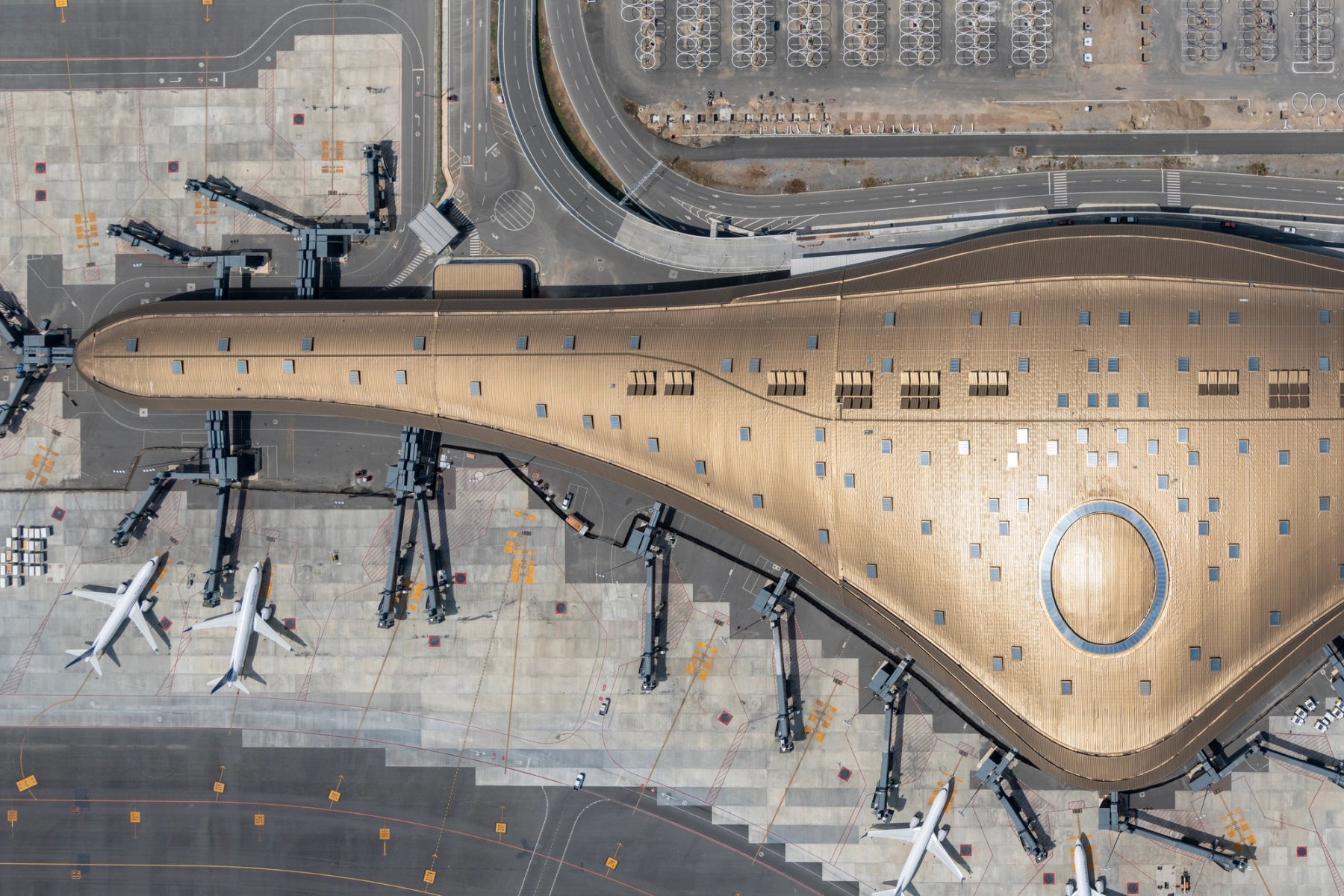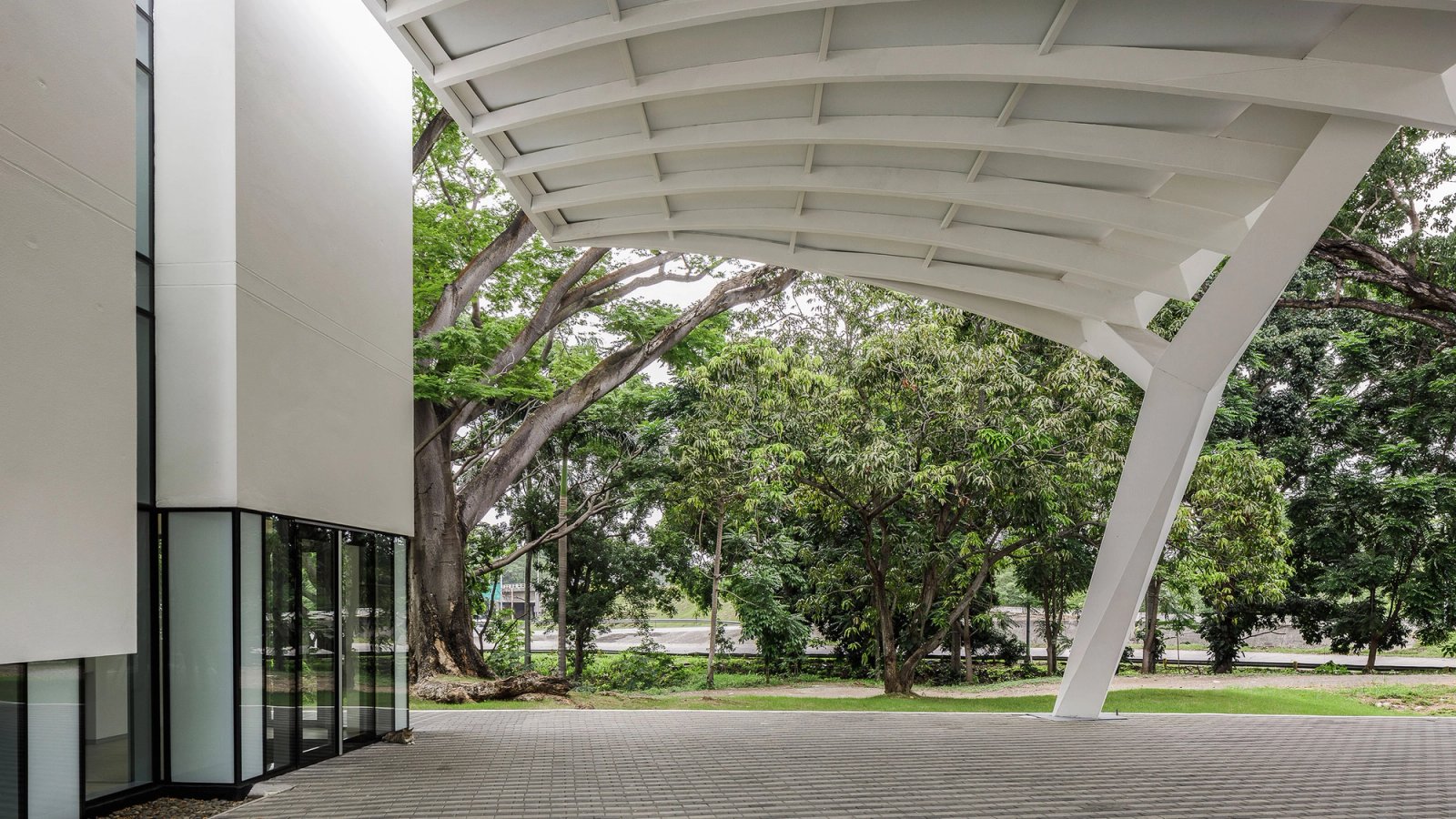
It is a museum of individual and collective memory, which documents the events and milestones that occurred during the evolution of democracy and human rights in Panama and worldwide. Its values are: being reliable, inclusive, teaching, dynamic and universal. The Museum of Freedom and Human Rights is located in the Amador area, in a lot next to the entrance to the Bridge of the Americas, with a direct link to the Balboa sector and the Amador causeway. The buildings that make up the project are arranged respecting the vegetation of the lot and the topography of the site, and are distributed around a space formed in front of an existing large Corotú tree, which serves as a focal point and gives importance to the site.
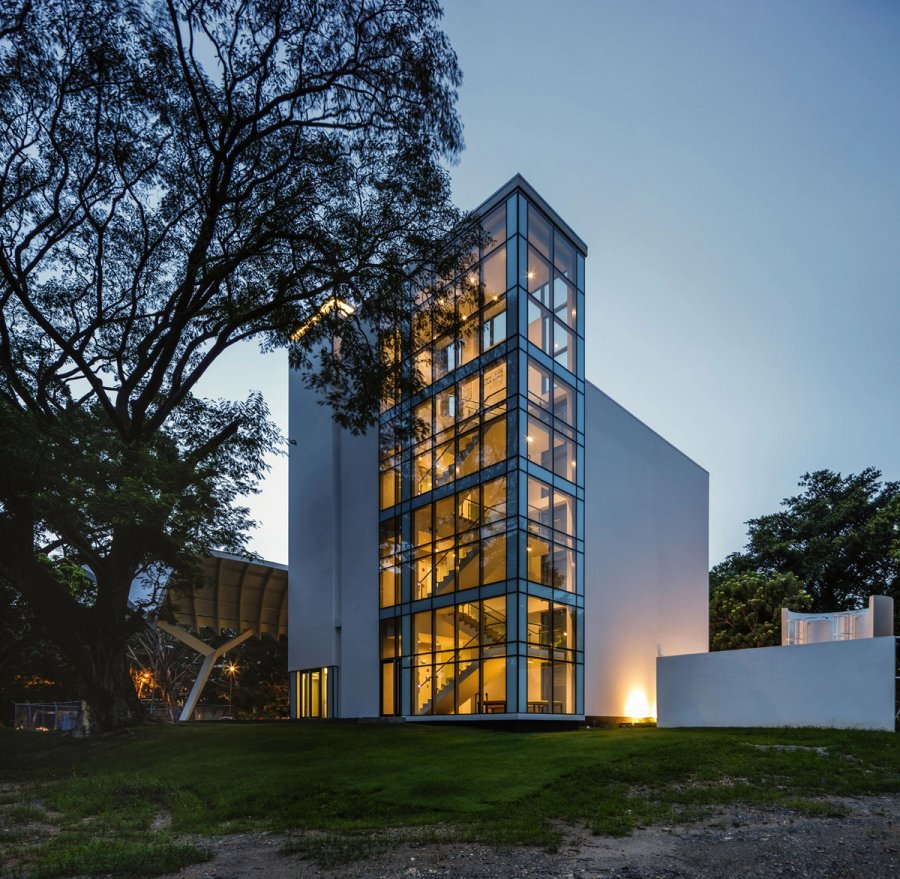
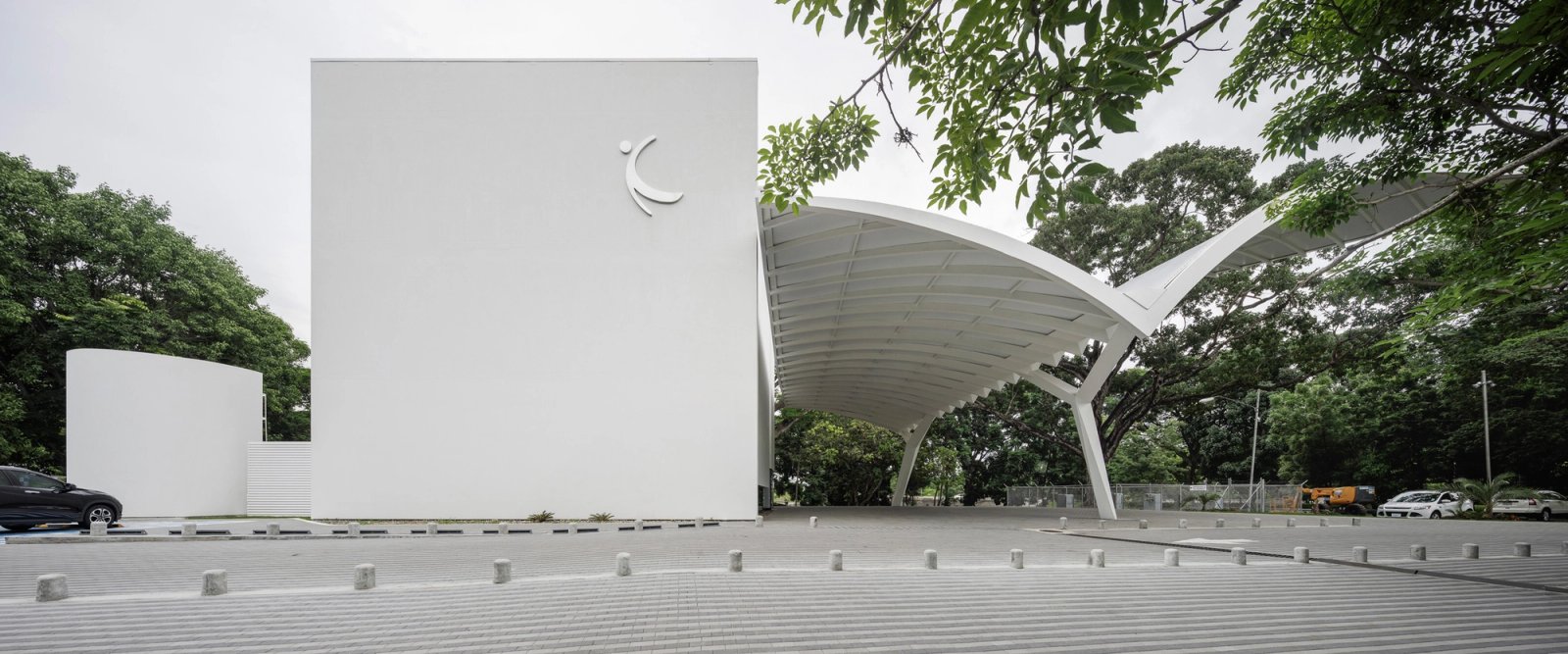
Access to the project is through the Plaza de la Democracia, a small square on Vía Amador that pays tribute to the managers of democracy, and allows entry to the Igualdad Building, which corresponds to a construction with exhibition areas and a small administrative area.
The content of the exhibition is divided into three levels, which are covered from top to bottom, beginning with the timeline of human rights where historical events are recounted, continuing with the description of the 30 articles of the universal declaration of human rights and culminating in success stories.
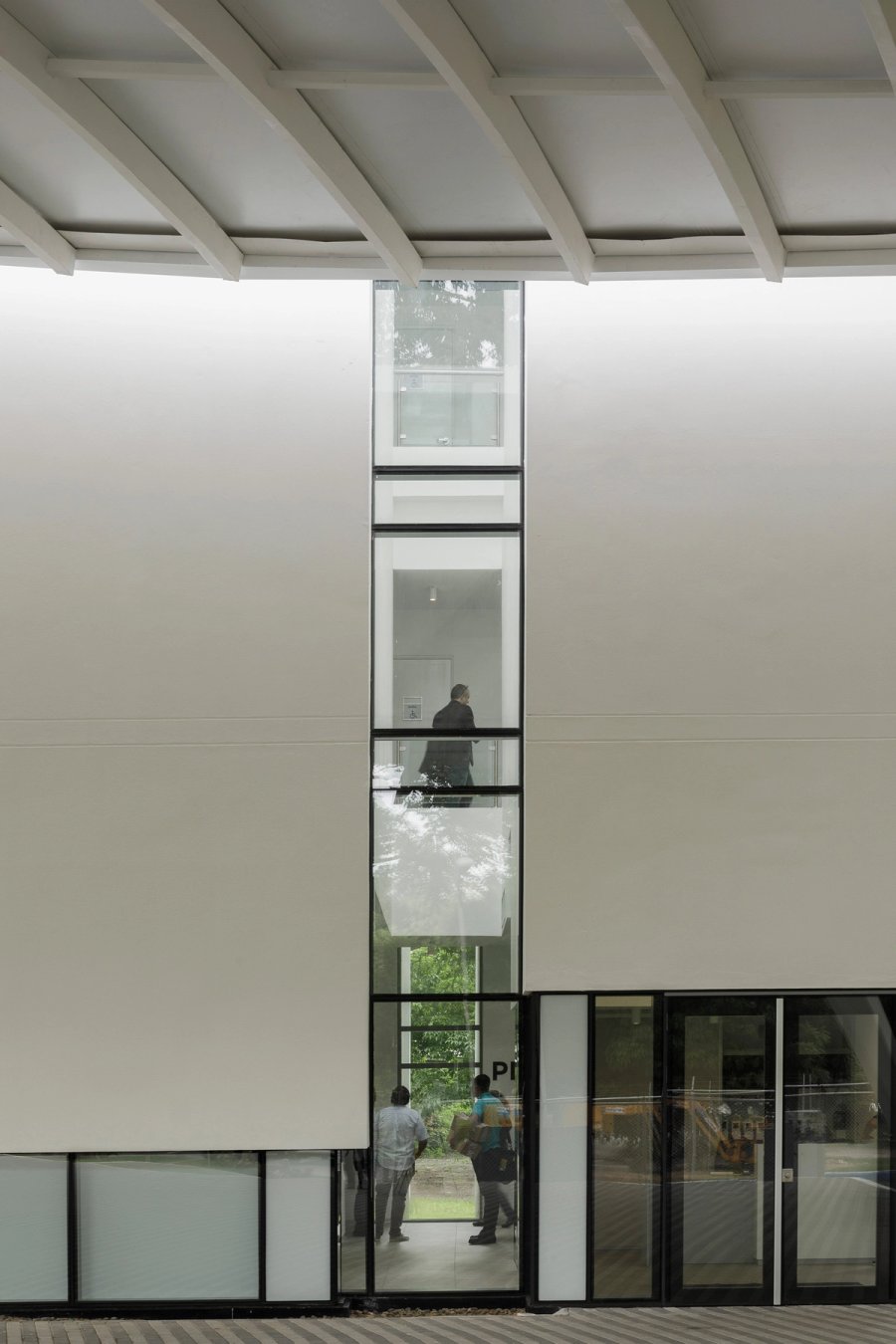
In the future, on an internal circulation, around a central patio around the Tree, two exhibition buildings will be located in later stages, one called the Memory Building, and the other the Tolerance Building. From this central space, exits have been considered to routes in the open area.
A staircase will allow you to find the Paseo de los Derechos Humanos, located in the lower part of the lot, a situation that allows you to generate stands, to create a small open-air auditorium on one side, and on the other sector of the plaza 30 informative monoliths , which will contain information on each of the human rights articles.
The first phase of the emblematic Museum of Freedom and Human Rights was inaugurated last May, with the assistance of the United Nations Commissioner for Human Rights, Michelle Bachelet, diplomatic representatives accredited in Panama, members of the Board Board of directors of the institution and guests.
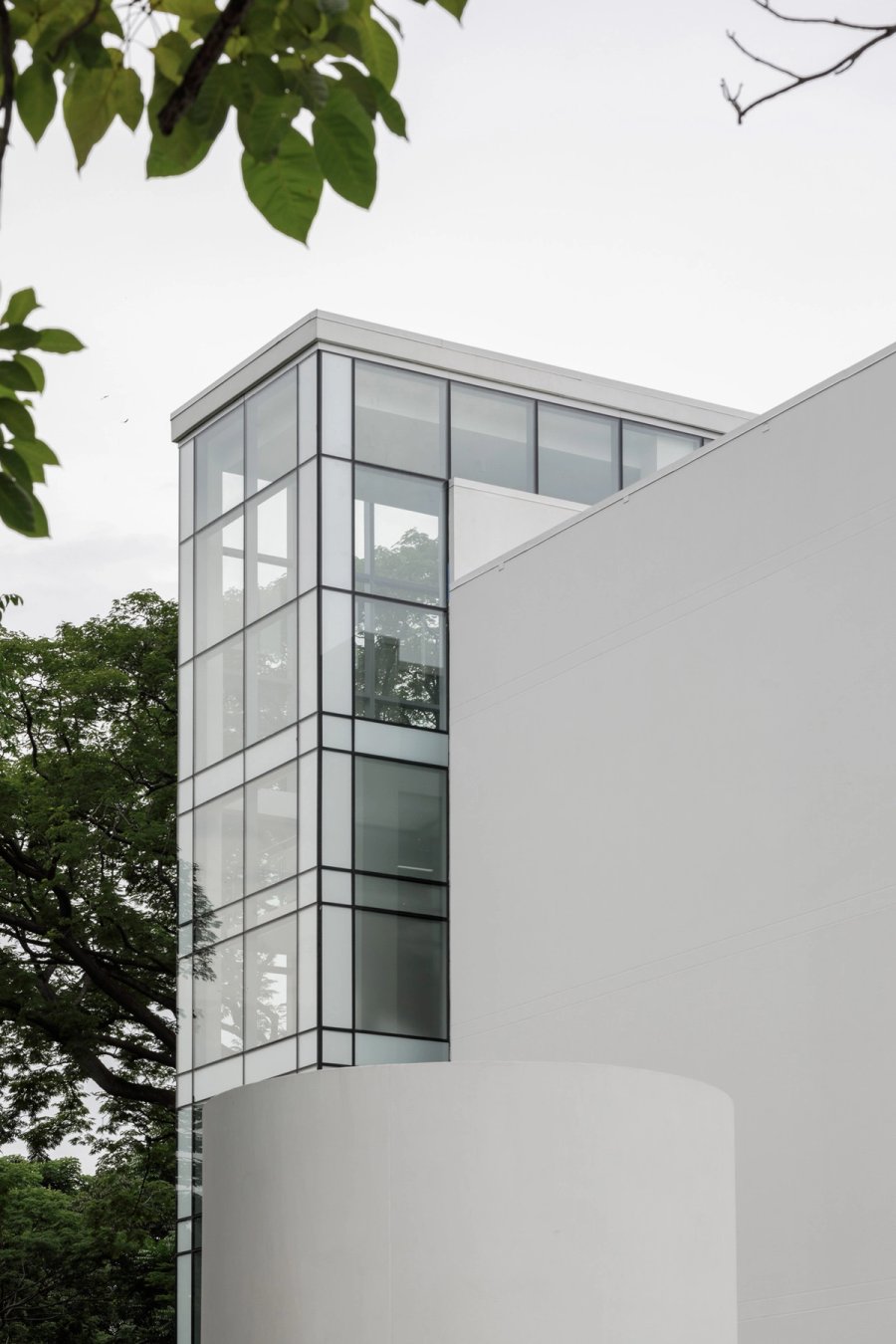
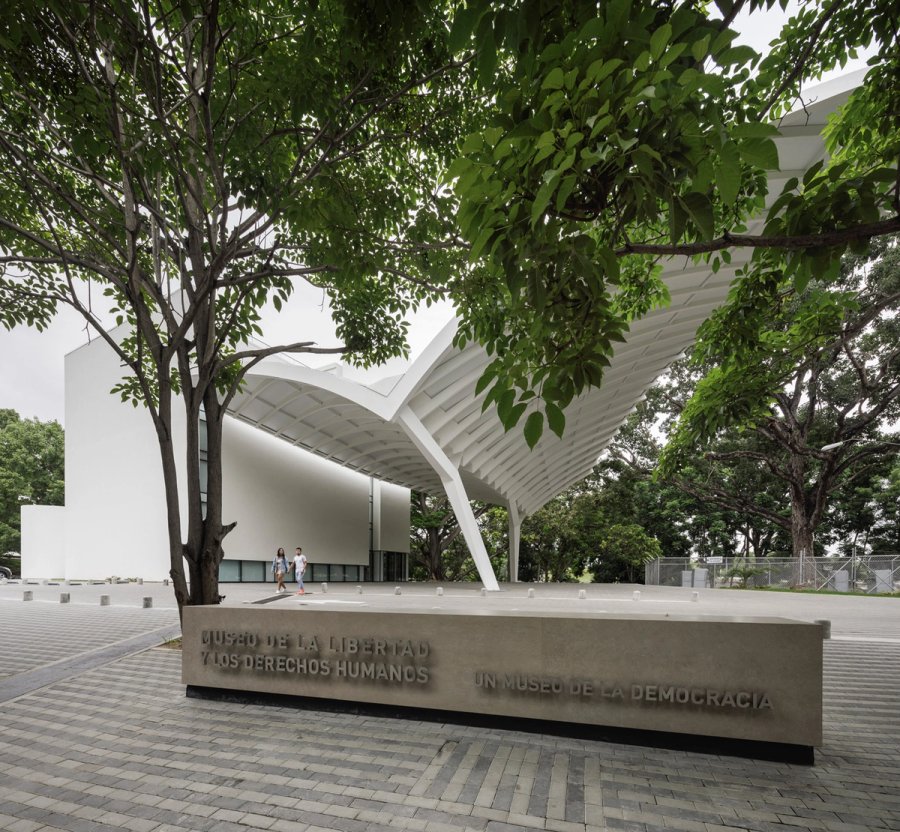
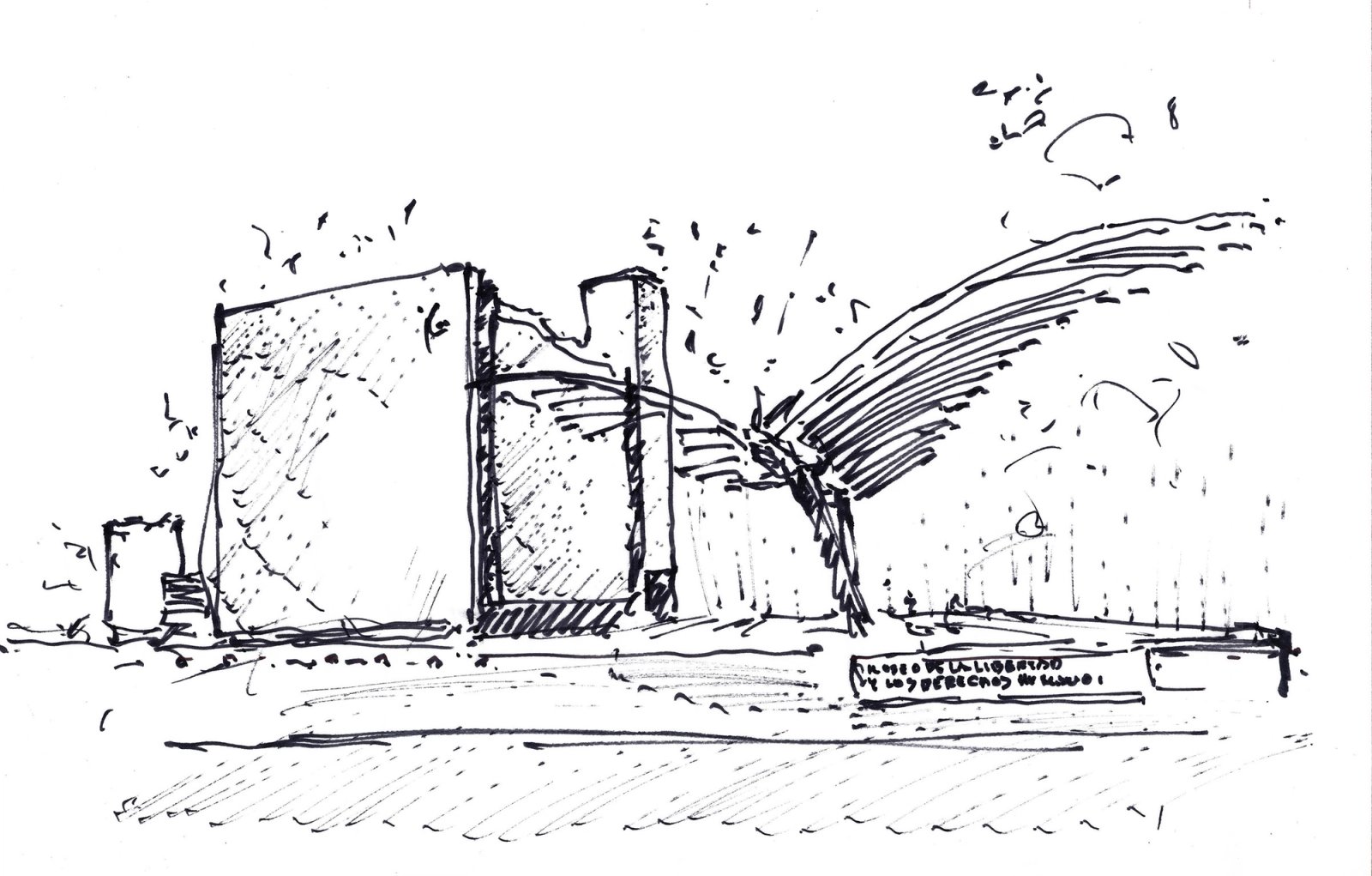
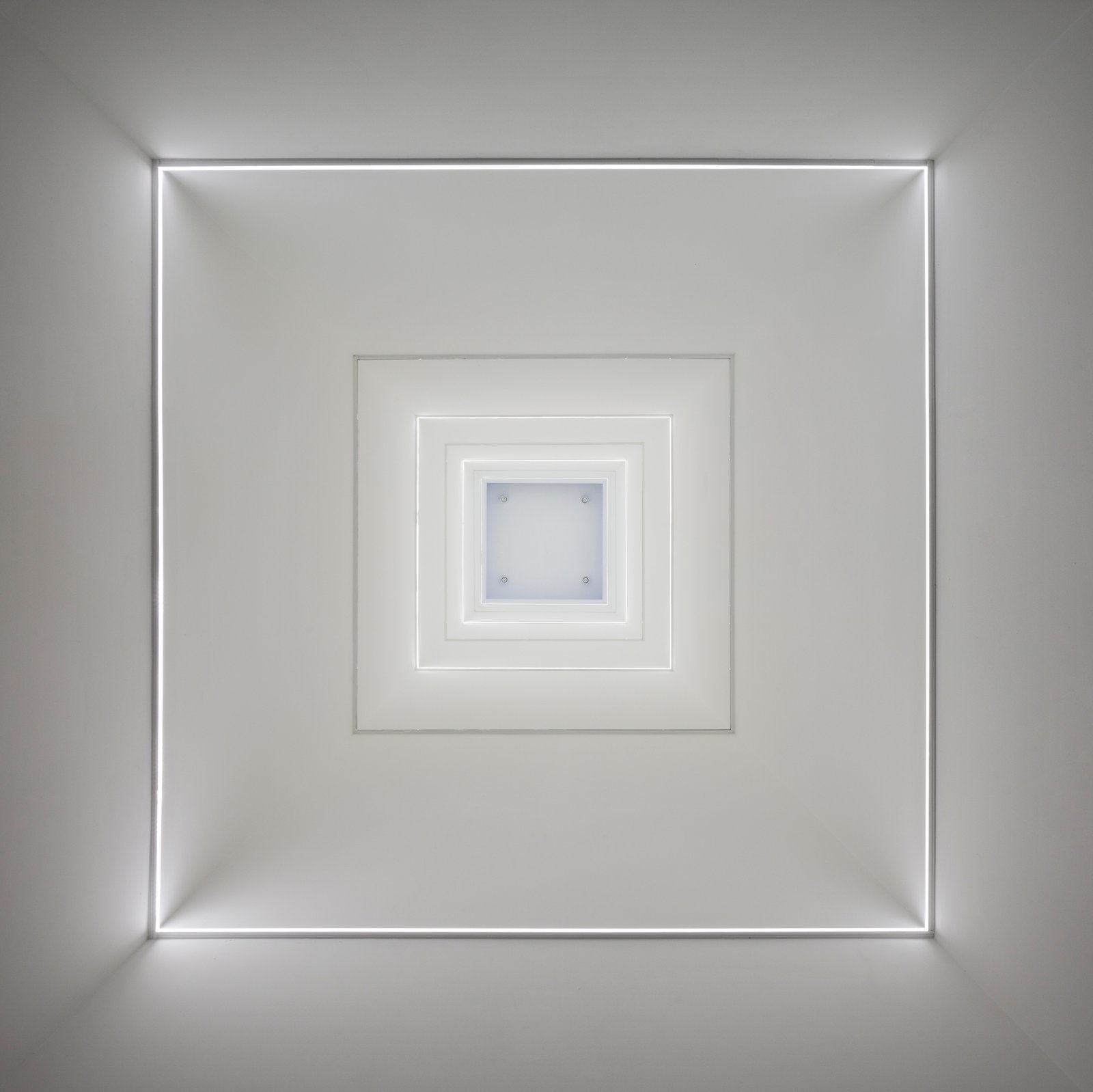
A minimalist ceiling design featuring concentric square recesses illuminated by integrated strip lighting, creating a layered and expansive visual effect.
